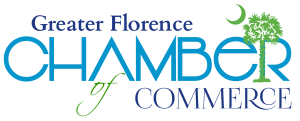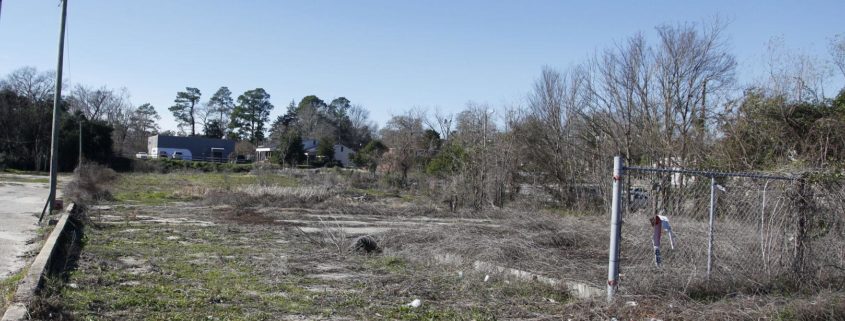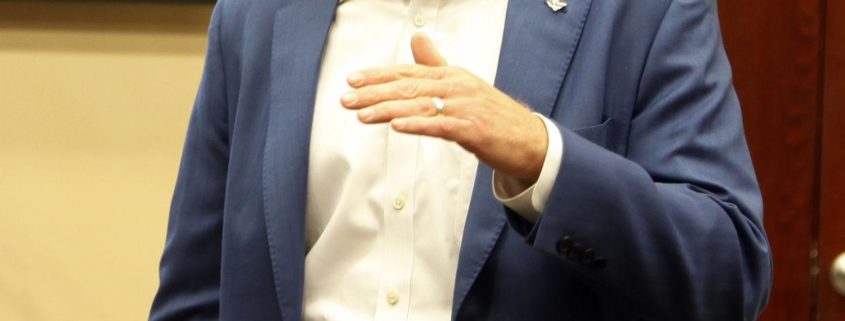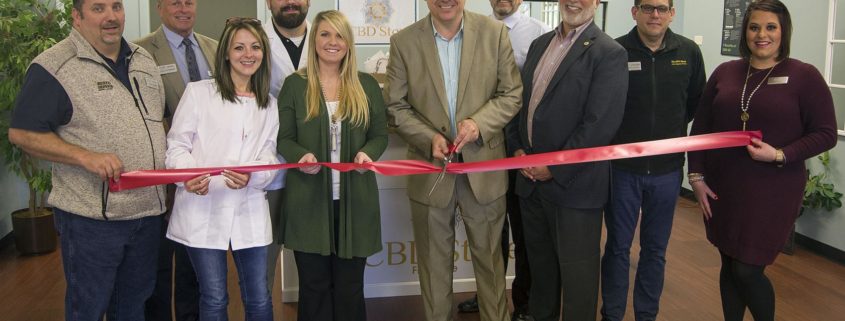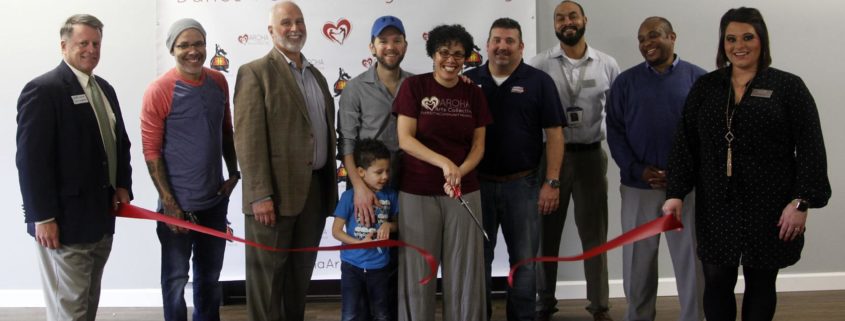By: Matthew Christian
COLUMBIA, S.C. – The South Carolina Chamber of Commerce unveiled its 2019 Competitiveness Agenda on Monday.
The agenda focuses on reforming the state’s tax code and improving the state’s workforce development program, including addressing the teacher shortage.
“The SC Chamber is excited to announce its 2019 Competitiveness Agenda, a set of policy priorities that will move South Carolina forward and create jobs in the state,” Chamber chief executive officer Ted Pitts said in a news release. “The business community stands ready to roll up its sleeves to work with the General Assembly to achieve these goals this session.”
The chamber’s agenda calls for simplifying and lowering the state’s top marginal tax rate of 7 percent, the updating and modernizing of the state’s sales tax system, improving the equitability of property taxes on commercial, non-owner occupied and manufacturing property while addressing funding disparities, and a reformation of the state’s business license tax structure.
The chamber says that South Carolina’s top marginal rate is the highest in the Southeast and kicks in at $14,860. In many cases the effective rate for taxpayers is also the highest in the Southeast.
South Carolina and Virginia have the narrowest sales tax bases in the Southeast, according to information provided by the chamber.
Rural commercial properties face an average effective rate of 2.8 percent in South Carolina as compared to 1.8 percent nationally, according to the chamber. Urban manufacturing properties in the Palmetto State face the fifth-highest effective rate in the nation, according to the news release.
“The business community is united. It is time for South Carolina to overhaul its broken tax structure, including the unfair property tax system, and we are ready to partner with stakeholders from across the state to get it done,” said Lou Kennedy, the chamber chair. “Tax reform is going to make South Carolina more competitive, and that is a win for families and businesses.”
South Carolina’s business license tax system is one of the most costly and burdensome taxes for small businesses, said Steve Spinks, president of the Spinx Company.
“As a business owner that operates stores across many counties in the state, I can tell you from first-hand experience that South Carolina needs to reform the business license tax system,” Spinks said.
South Carolina’s current tax structure was built more for the 1950s economy, said Chris Barras, Ernst and Young’s executive director of tax services.
“This creates challenges for individual taxpayers and businesses,” Barras said. “We have an opportunity to modernize our tax code with a comprehensive and intentional approach using The Road Map for Tax Reform as a guide.”
The Road Map to Tax Reform is a chamber guide to improving the state’s tax system.
“There is no question that South Carolina’s tax code needs to be overhauled to make it more competitive, less burdensome and more equitable for job creators and families,” Pitts said. “Similarly, our businesses can’t thrive without a well-prepared workforce, so we focus on improving the education pipeline, including combating the teacher shortage.”
The chamber calls for the supporting of efforts to address the teacher recruitment and retention crisis, making housing in high-growth areas more attainable, striving for the expansion of career-awareness and training initiatives to fill high-demand jobs and making it easier for qualified professionals to be credentialed and certified in the state.
“Developing the future workforce is critical to the continued growth and success of our company,” said Knudt Flor, president of BMW Manufacturing Company. “The BMW Scholars Apprenticeship Program plays a key role in keeping our plant competitive. This program continues to be an excellent example of how collaboration between the business and educational sectors can ensure that advanced manufacturing remains a key driver for our state in years to come. Training programs like this and others should be expanded. Manufacturers stand ready to do what it takes to increase awareness and training opportunities across the state.”
Education is the pipeline for tomorrow’s workforce, said Kathy Dudley Helms, an Ogletree, Deakins, Nash, Smoak & Stewart, P.C. shareholder.
“The business community needs our state’s policy makers to address the persistent issues that exist in the public education system,” Helms said. “We have to value our teachers with better pay and working conditions; we must prepare students for the jobs of today with more skills training and apprenticeship opportunities; and we have to update the funding model.”
The chamber’s board developed the 2019 Competitiveness Agenda through input from the business community and its partner, the Tax Foundation.
